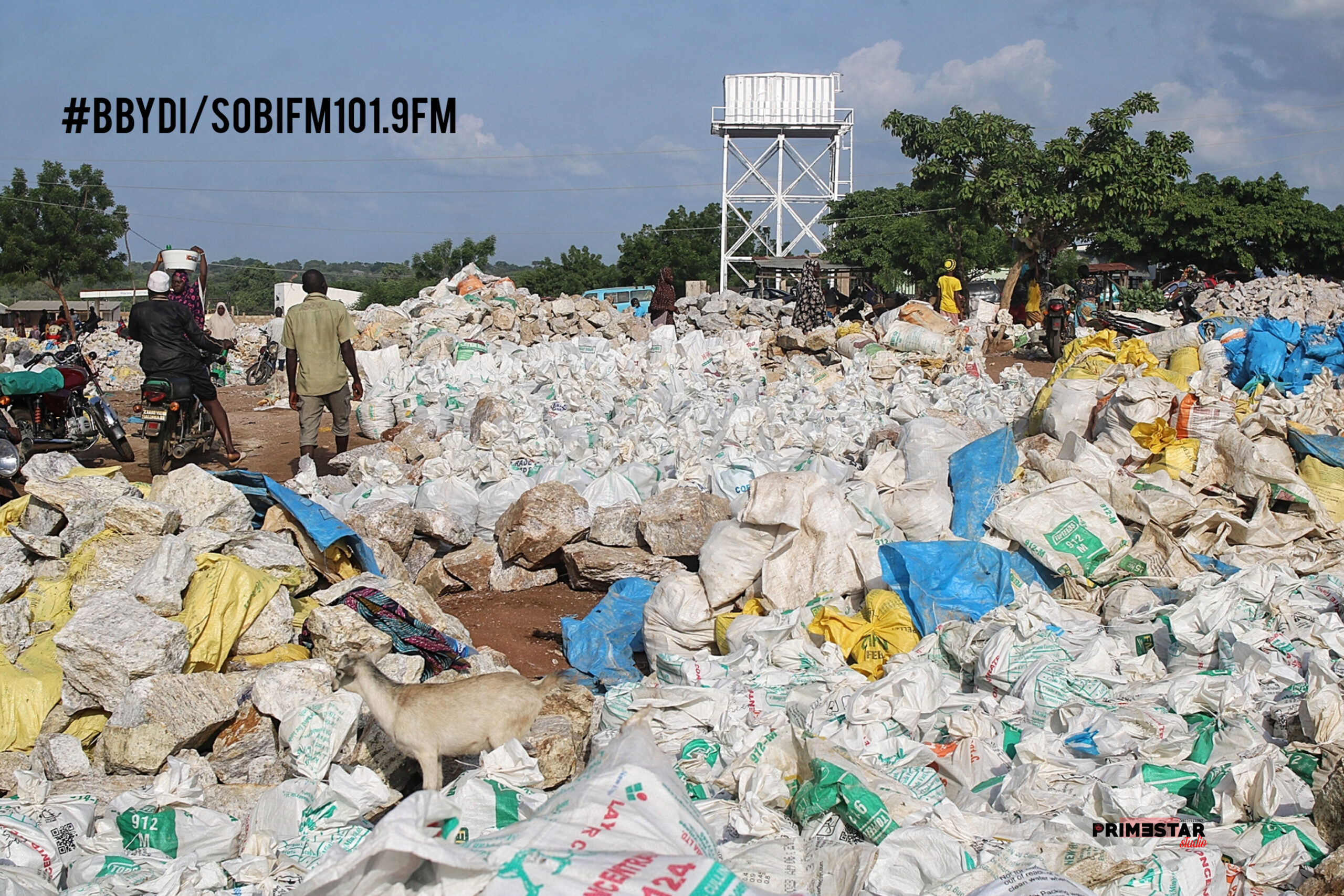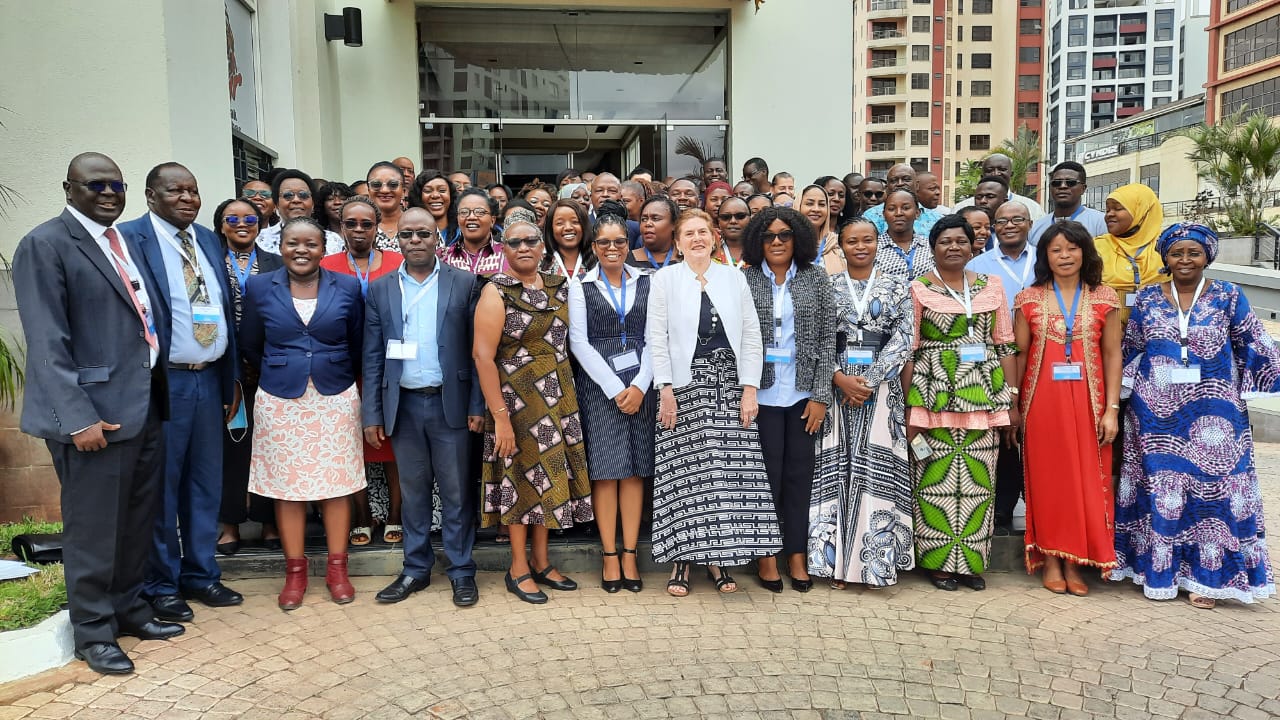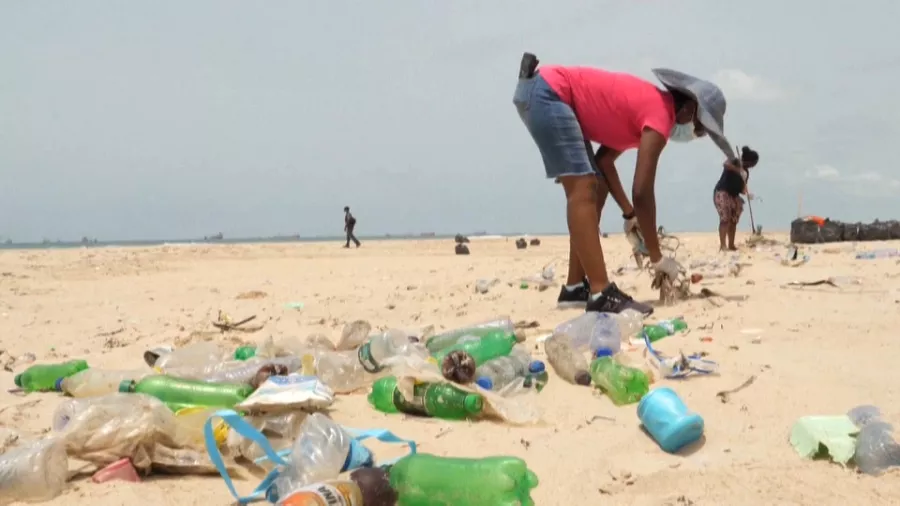In the small community of Lade, Patigi local government area of Kwara State, North Central Nigeria, a surprising transformation has taken place.
Once a thriving agrarian community, many of its farmers have now turned their attention to artisanal mining, hoping to reap the benefits of the rich mineral deposits that lay hidden beneath the soil.
For generations, the people of Lade have relied on farming as their main source of livelihood, growing crops such as maize, yam, and cassava. However, over the past few years, the community has been hit by a series of environmental and economic challenges, including climate change, declining soil fertility, and falling produce prices.
Many farmers found themselves unable to make a living from agriculture alone and began to look for alternative sources of income.
It was during this period of hardship that the first signs of minerals were discovered in Kakafu village about 3km from Lade township.
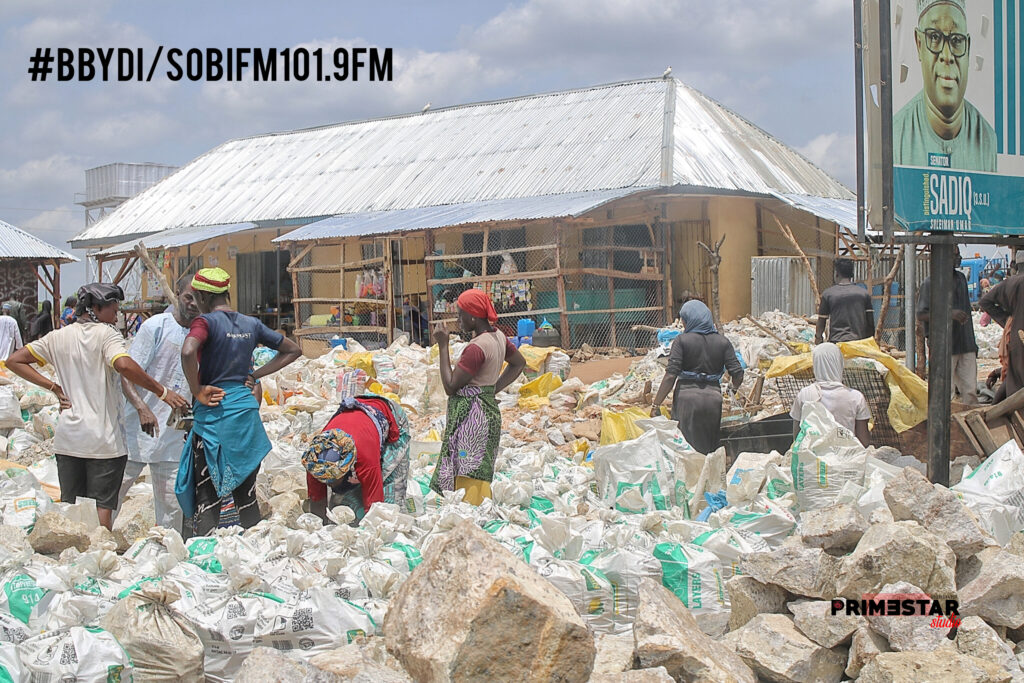
Lithium is a highly reactive metal that is used to make energy-dense rechargeable batteries for electronics, such as laptops, cell phones, electric vehicles, and grid storage.
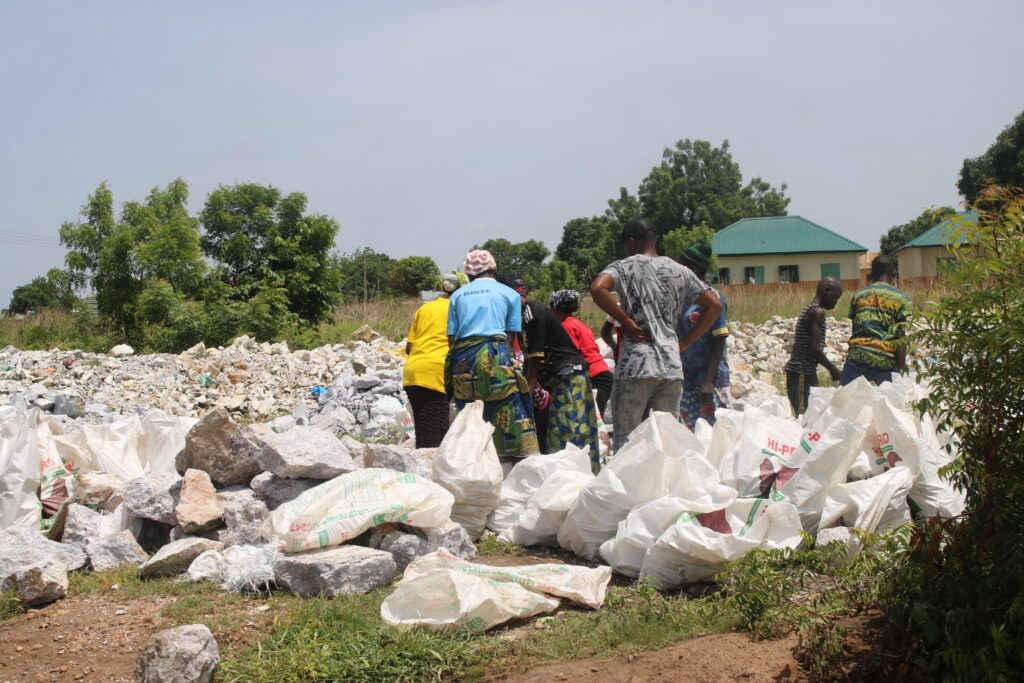
Announcing the discovery last year, the Director-General, Nigerian Geological Survey Agency (NGSA) Abdulrazaq Garba, said that Nigeria had discovered lithium that investors were currently eager to pay a humongous amount for.
He added that Nigerian lithium is a hot cake in the global market.
“The mineral was discovered in Kwara by National Integrated Mineral Exploration Project (NIMEP) during exploration and we did an investigation and came up with analysis and discovered that Nigerian lithium is of high grade,” Garba said.
“High grade in the sense that the standard worldwide for even exploration and mining starts from 0.4 percent lithium oxide but when we started exploration and mining, we saw one percent up to 13 percent lithium oxide content.
“Another advantage of Nigerian lithium is that it is hard rock lithium and that is what investors are looking out for worldwide,” he said.
Garba said that all data received from NIMEP were quite exciting, adding that the development would boost the economy.
Word quickly spread of the potential riches that lay beneath the ground, and several farmers decided to try their luck at artisanal mining.
Since then, the practice has grown in popularity, with more and more farmers trading their plows for pickaxes and shovels.
The mineral was later found to be “high grade” lithium discovered in large quantities, and every nook and cranny of the community is littered with the stones, including the main commodity market in the town, which has now transformed into a Lithium market.
According to local sources, the community has witnessed a significant increase in the number of artisanal miners over the past two years. The discovery of lithium in Lade has brought both hope and challenges to the community.
On one hand, it offers a much-needed alternative source of income for struggling farmers. Many have reported a substantial increase in their earnings since they started mining, with some even managing to lift themselves out of poverty.
“I used to barely make enough money from farming to feed my family,” said Musa Ibrahim, a 45-year-old father of four who turned to an artisanal miner, just barely 11 months ago.
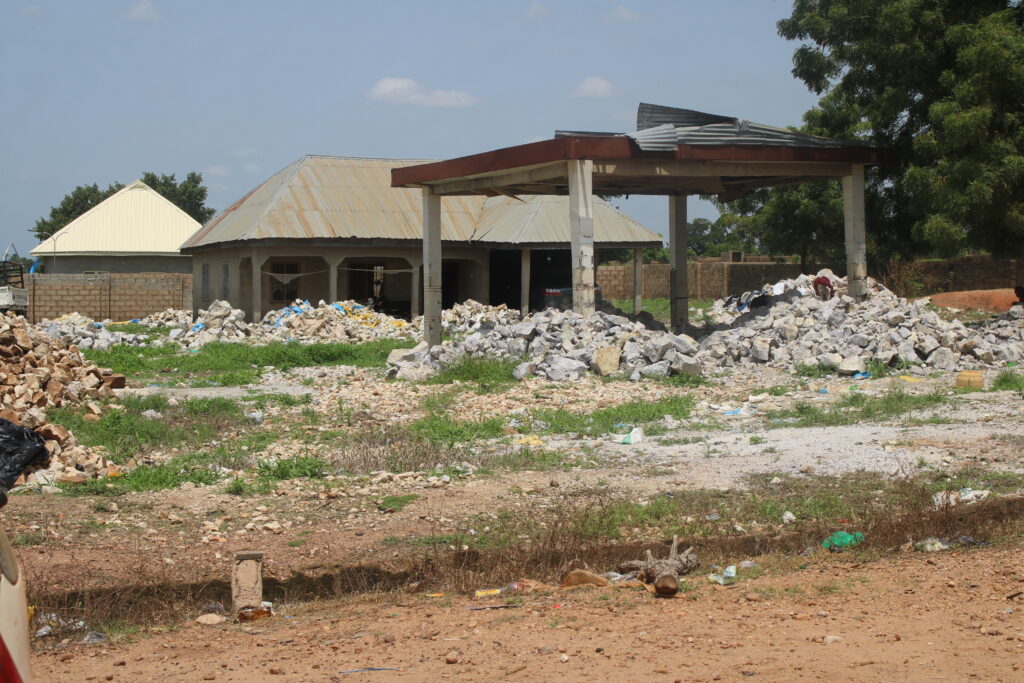
According to him, the stones were discovered in 2022 by one miner simply known as Ismaila from Nasarrawa State, saying the prices of 50 kg vary between N5000, to N20,000, depending on the neatness and quality of the stones.
“The guy try for us, when there is no business before we all focus on farming but since last year, people who can’t boost N100,000 in three months, now earn between N1.5M- N2M monthly to do large-scale farming and other things.
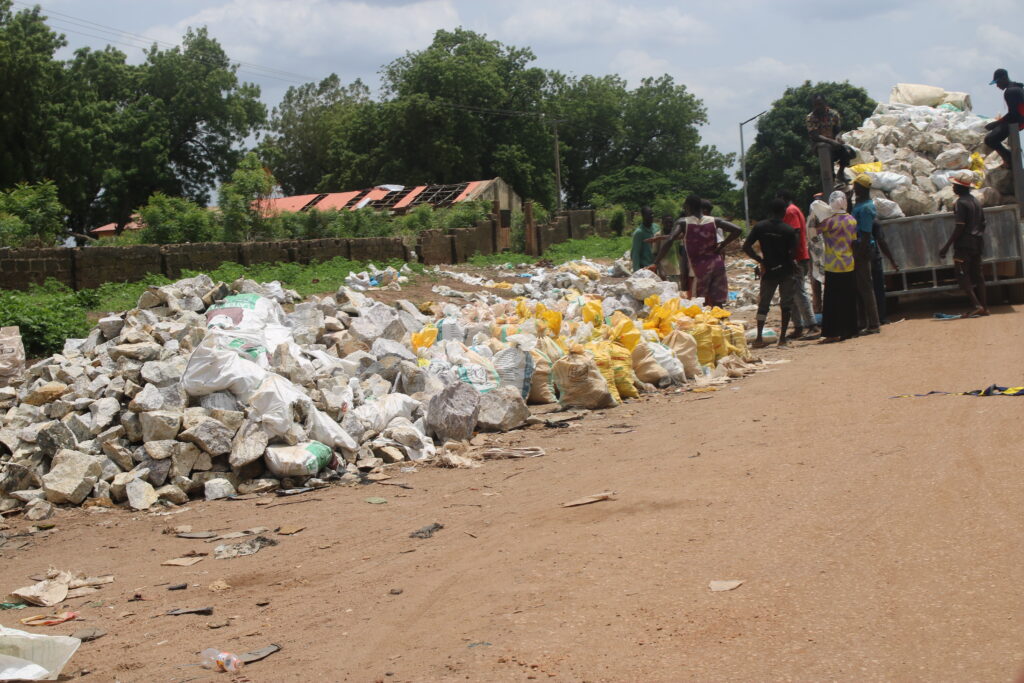
“Now, with the money I make from mining, I can not only provide for my family, but I have also been able to send my children to school,” he said.
On the other hand, the rise of artisanal mining has brought its own set of challenges.
The influx of miners has led to a rapid depletion of the community’s mineral resources, raising concerns about the sustainability of this newfound source of income.
Additionally, the lack of proper regulations and oversight has resulted in numerous environmental and safety hazards.
Although this reporter couldn’t get to the mining site due to safety reasons, it was gathered that many artisanal miners in Lade lacked the necessary equipment and expertise to carry out their operations safely and efficiently.
Jagaban, one of the main dealers in the stones says the labourers involved in the digging make use of hoes, axe, diggers, and any other implements to get the stones under the ground.
“I pay the labourers N100,000 per week to dig for me, after which the stones are weighed to determine the amount to sell.
“Buyers come from Lagos and every part of the country, even some Chinese are in the village buying these stones from us, we are making fortunes,” he boasted.
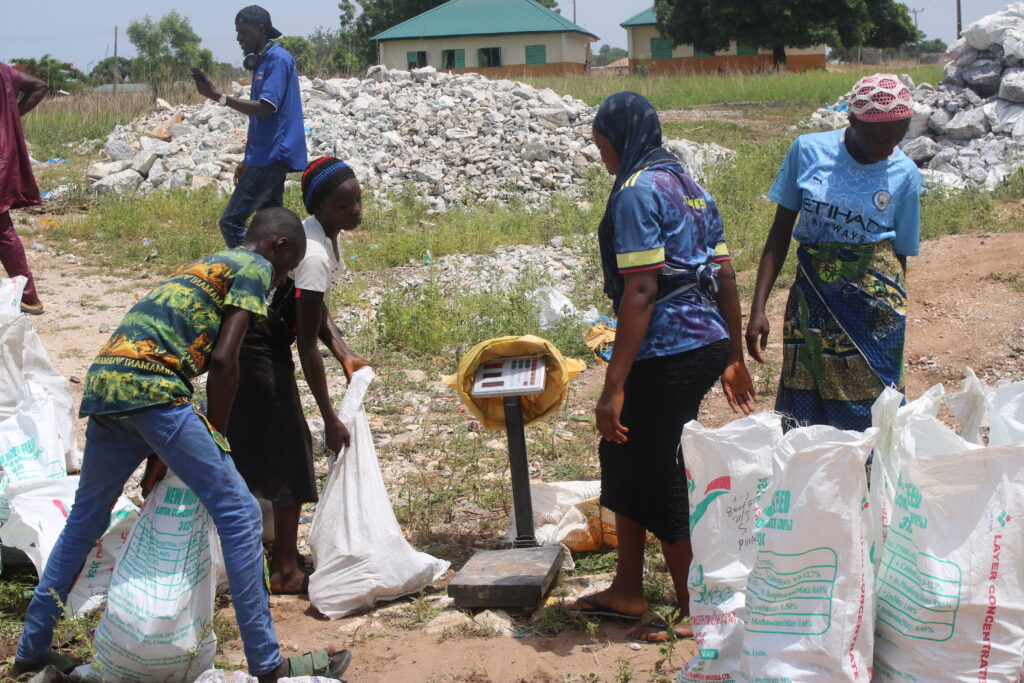
This has led to dangerous working conditions, with frequent reports of accidents and injuries. The unregulated nature of mining activities has also given rise to numerous environmental issues, including deforestation, soil erosion, and water pollution.
A youth leader Mohammed Kawu said although many of the youths have abandoned farming, the major problem facing the community is flooding due to blocked drainages on the main highway in the community.
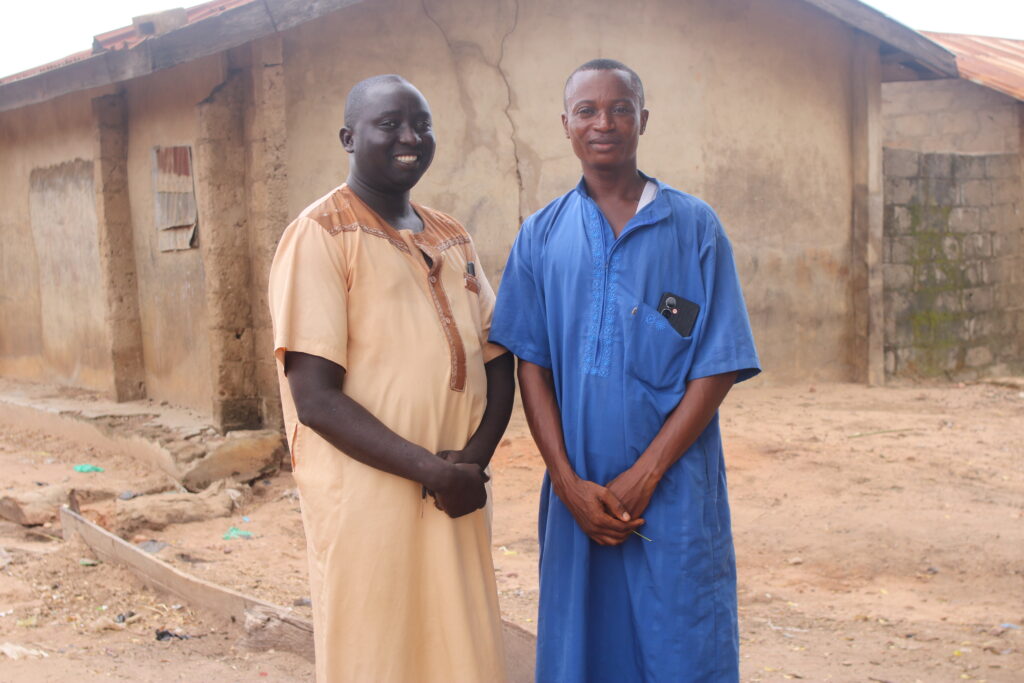
“The abandoned drainage in the community was done by the Local government 20 years ago, it has been causing the people in this community to be restless and live in palpable fear whenever it rains because water always destroys people’s properties,” he said.
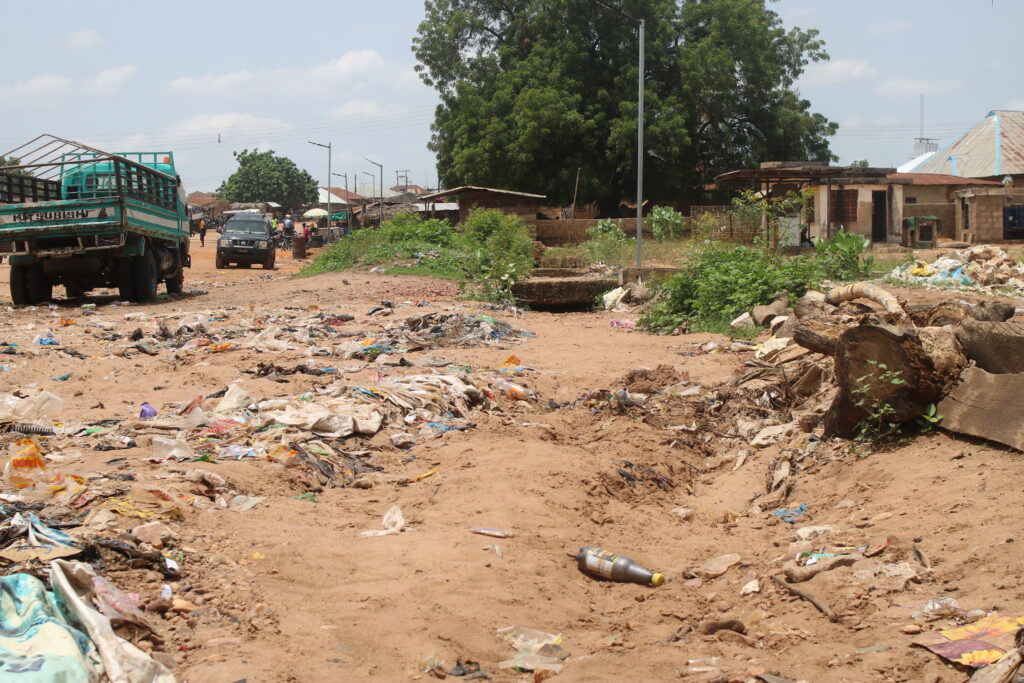
Alhaji Gomina Tsado, a 75-year-old village chief said he single-handedly constructed the drainages in front of his house to prevent flood water from destroying his properties.
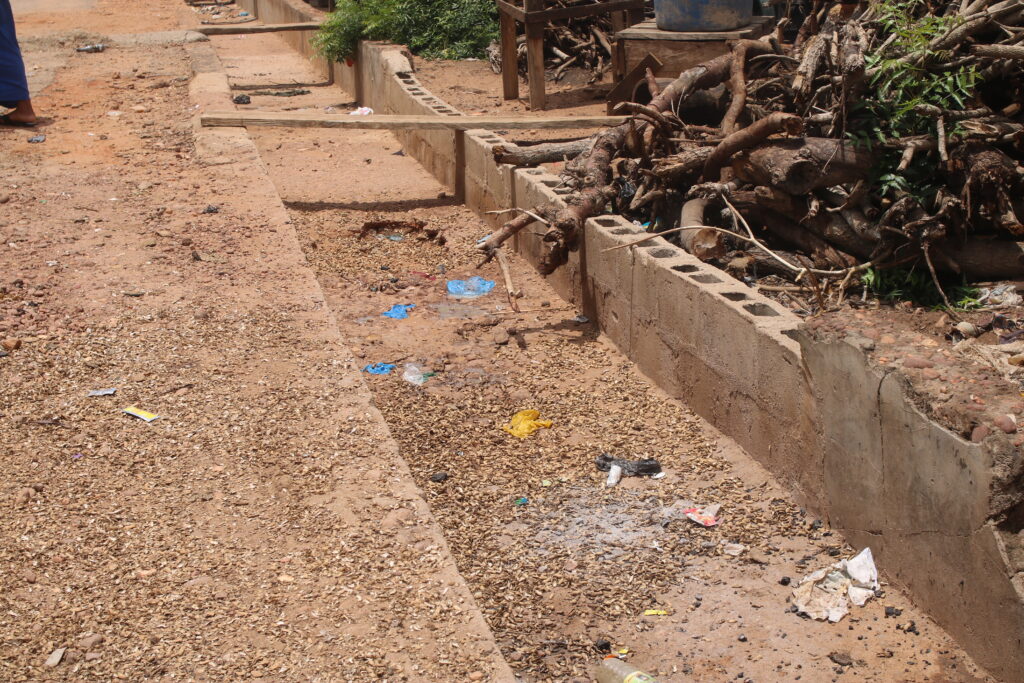
“When it rains, we cannot work, our children cannot go to school I had to look for money to reconstruct the drainage in front of my house last year when a flood destroyed my belongings,” he said.
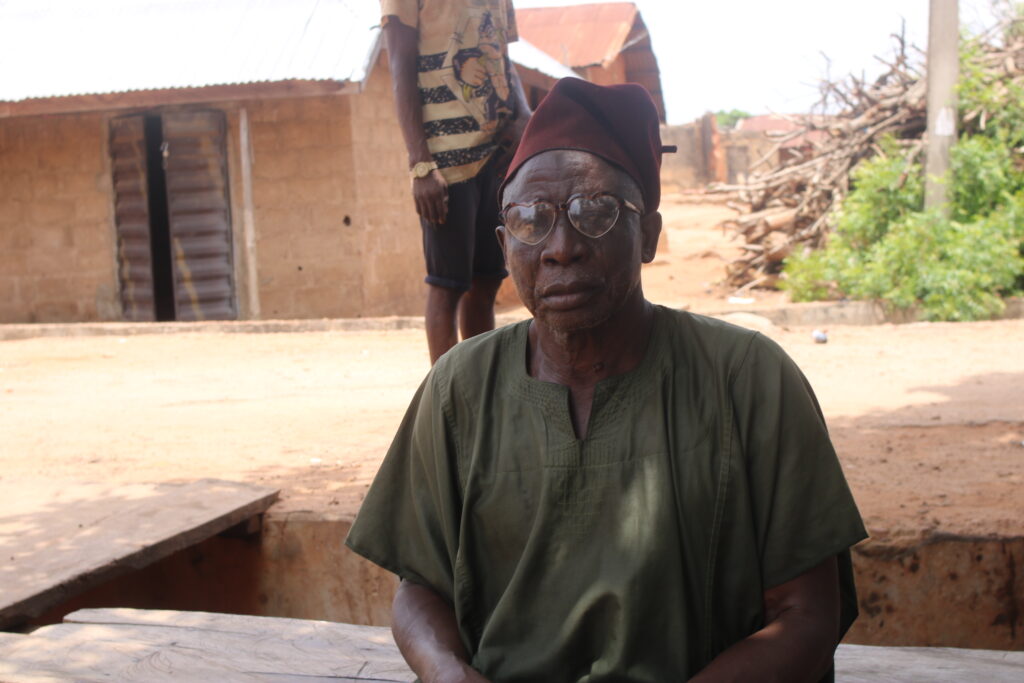
Lile Lade (District head) Alhaji Haruna Abubakar, while speaking on the issue he said Lade is a community that prides itself in joint communal efforts to provide its needs.
“This issue of flooding has been disturbing us for a long, and we hope with the discovery of these mineral resources the state government will finally remember us.
“I was told the mineral deposit can boost revenue generation in the state and even Nigeria as a whole, we want them to harness the opportunity and in so doing develop our village for us too,” he said.
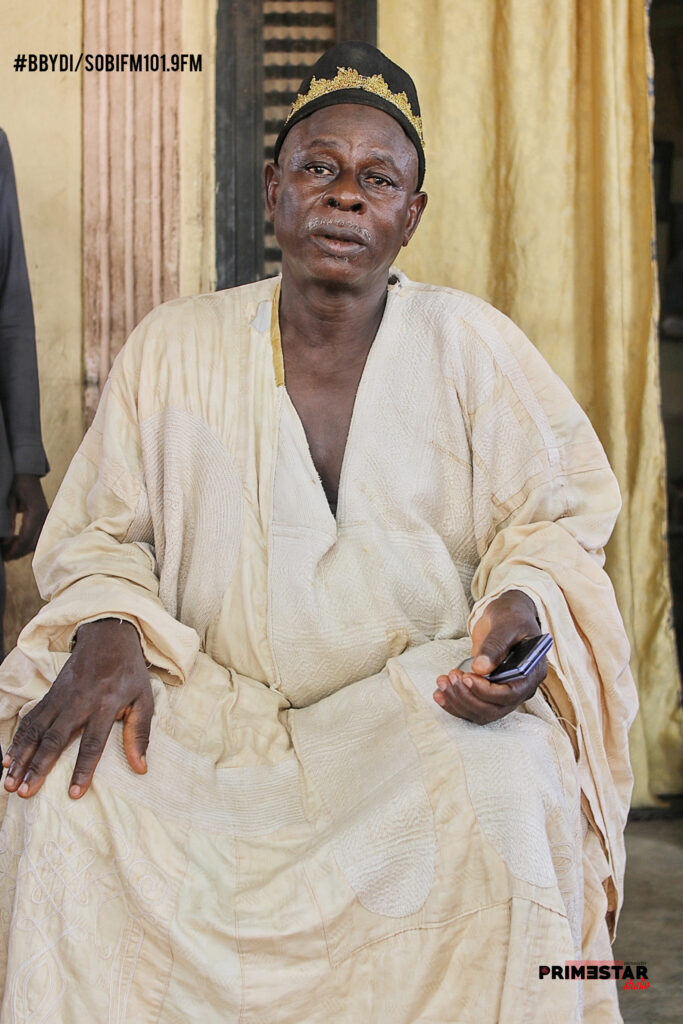
There have also been reports of conflict between the miners and the local authorities, who are concerned about the environmental impact of the mining and the potential for violence and criminal activity.
Despite these challenges, the community of Lade remains hopeful that the artisanal mining boom can bring lasting benefits. Community leaders have been working closely with local NGOs and government agencies to develop a sustainable and regulated mining industry that can provide long-term employment opportunities for its residents.
One such initiative is the establishment of a cooperative society for artisanal miners in Lade. The cooperative, which currently has over 100 members, aims to provide miners with the necessary training, equipment, and support to carry out their activities safely and responsibly.
“We want to ensure that our community can benefit from the mineral resources in a sustainable manner,” said Abdulrahman Yusuf, the chairman of the cooperative society.
“Through the cooperative, we hope to improve the working conditions of our miners and reduce the negative impact of mining on our environment,” he said.
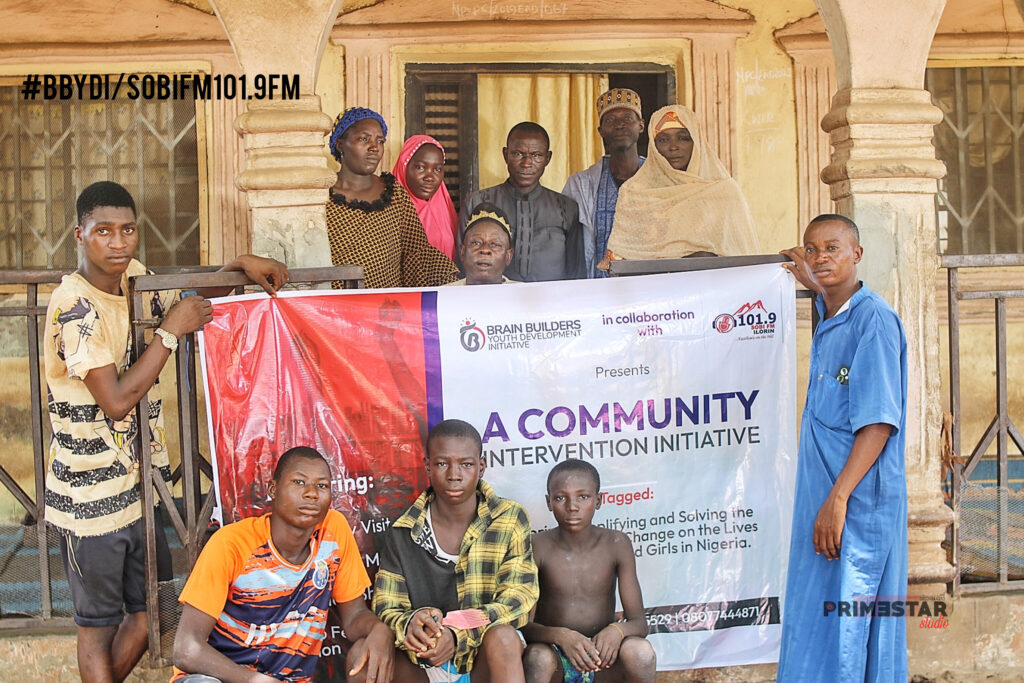
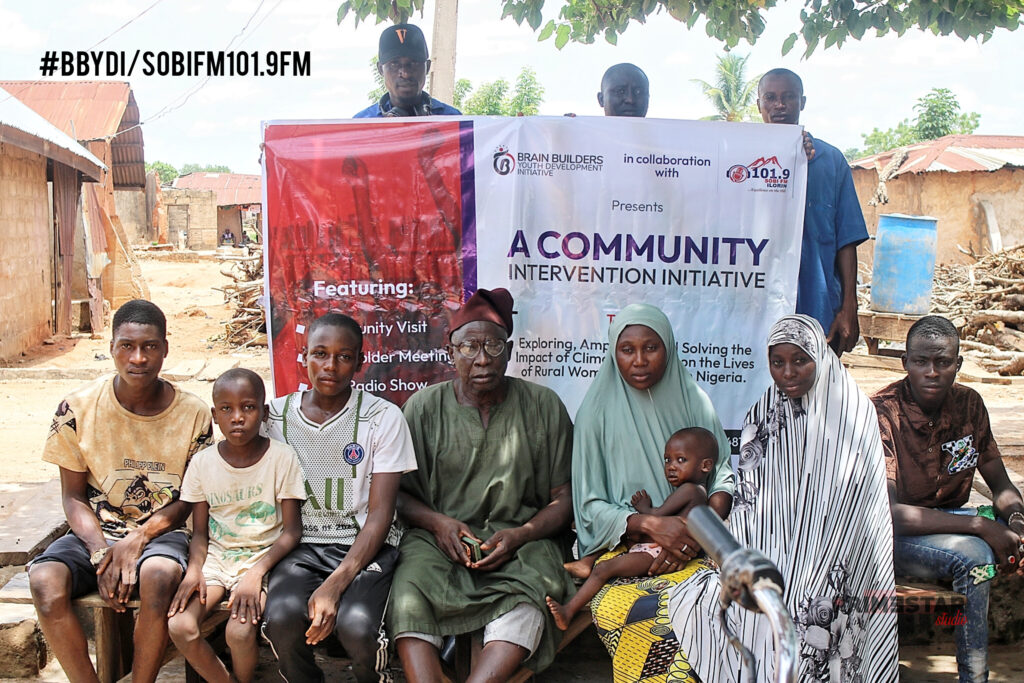
Many in the community remain optimistic about the future, as they believe that with the right support and guidance, artisanal mining could be a sustainable and profitable activity that could help to lift the community and Kwara out of poverty.
Ultimately, the situation in Lade is a reflection of the broader challenges facing rural communities in Nigeria and beyond.
In the face of climate change, environmental degradation, and economic instability, many are forced to look for new ways to make a living.
While artisanal mining may provide a short-term solution, it is important to address the underlying issues that have led to this shift and to work towards more sustainable and equitable solutions for all.
As the Sun sets on another day in Lade, the sound of pickaxes and shovel echoes throughout the village and surrounding forest.
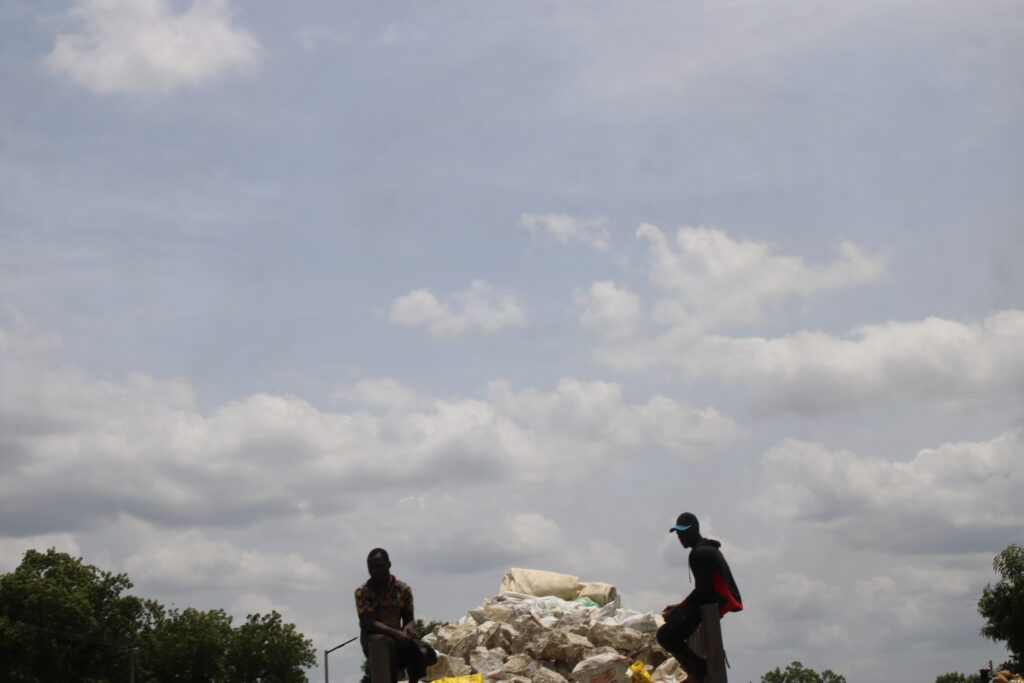
By Dare Akogun
This story is produced with support from Brain Builders Development Youth Initiative (a climate-focused non-profit organisation in Nigeria) and Sobi 101.9 FM Ilorin, Kwara State, North Central Nigeria.


